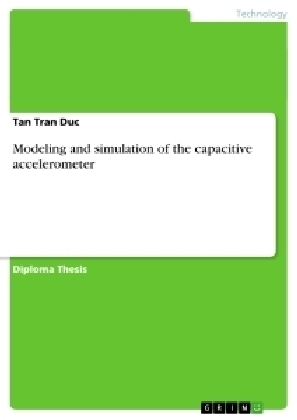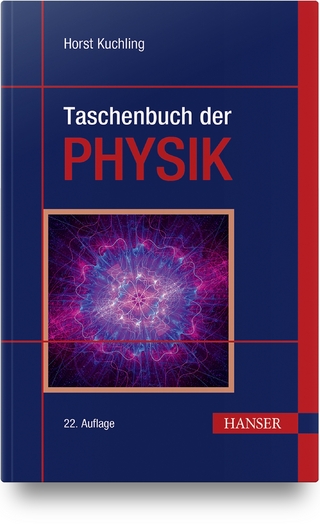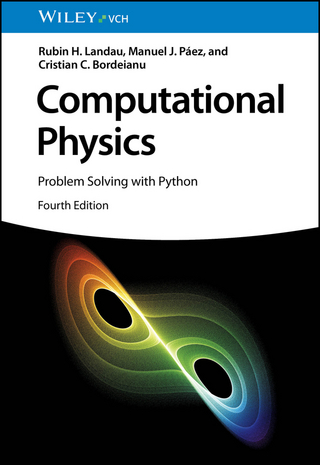
Modeling and simulation of the capacitive accelerometer
Diplomarbeit
Seiten
2009
|
3. Aufl.
GRIN Verlag
978-3-640-24968-8 (ISBN)
GRIN Verlag
978-3-640-24968-8 (ISBN)
- Titel ist leider vergriffen;
keine Neuauflage - Artikel merken
Diploma Thesis from the year 2005 in the subject Electrotechnology, grade: Master 9.8/10, , language: English, abstract: Microelectromechanical systems (MEMS) are collection of microsensors and actuators that have the ability to sense its environment and react to changes in that environment with the use of a microcircuit control. They also include the conventional microelectronics packaging, integrating antenna structures for command signals into microelectromechanical structures for desired sensing and actuating functions. The system may also need micropower supply, microrelay, and microsignal processing units. Microcomponents make the system faster, more reliable, cheaper, and capable of incorporating more complex functions. In the beginning of 1990s, MEMS appeared with the aid of the development of integrated circuit fabrication processes, in which sensors, actuators, and control functions are co-fabricated in silicon [1]. Since then, remarkable research progresses have been achieved in MEMS under the strong promotions from both government and industries. In addition to the commercialization of some less integrated MEMS devices, such as microaccelerometers, inkjet printer head, micromirrors for projection, etc., the concepts and feasibility of more complex MEMS devices have been proposed and demonstrated for the applications in such varied fields as microfluidics, aerospace, biomedical, chemical analysis, wireless communications, data storage, display, optics, etc. Some branches of MEMS, appearing as microoptoelectromechanical systems (MOEMS), micro total analysis systems, etc., have attracted a great research since their potential applications' market.
| Sprache | englisch |
|---|---|
| Maße | 148 x 6 mm |
| Themenwelt | Naturwissenschaften ► Physik / Astronomie |
| Technik ► Elektrotechnik / Energietechnik | |
| Schlagworte | Modeling |
| ISBN-10 | 3-640-24968-2 / 3640249682 |
| ISBN-13 | 978-3-640-24968-8 / 9783640249688 |
| Zustand | Neuware |
| Haben Sie eine Frage zum Produkt? |
Mehr entdecken
aus dem Bereich
aus dem Bereich
von den Werkzeugen über Methoden zum TQM
Buch | Softcover (2024)
Springer Fachmedien (Verlag)
32,99 €
Problem Solving with Python
Buch | Softcover (2024)
Wiley-VCH (Verlag)
109,00 €


